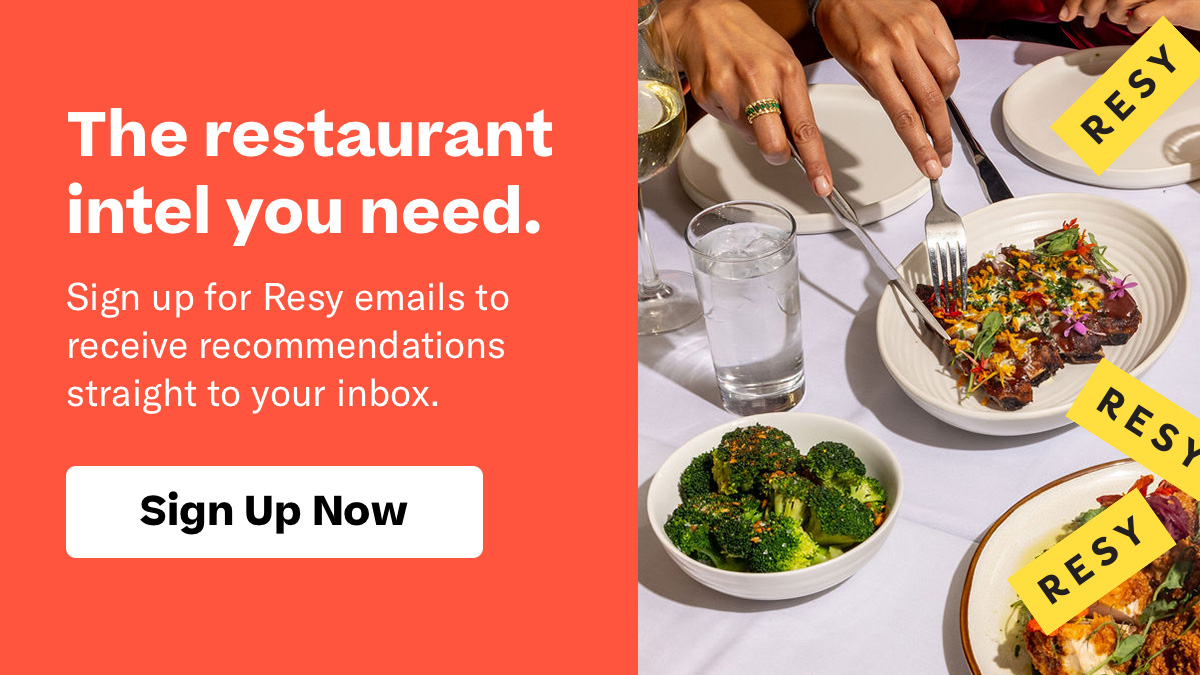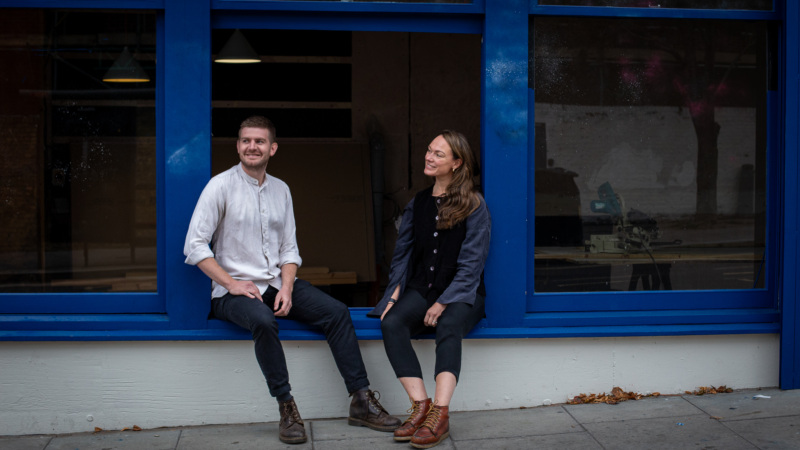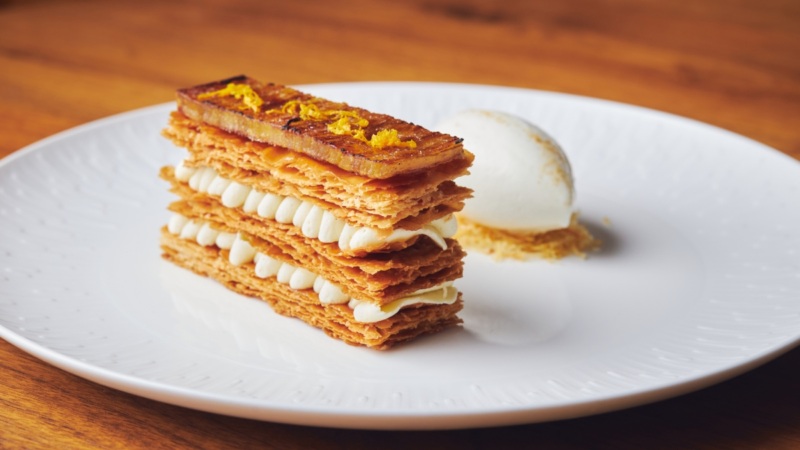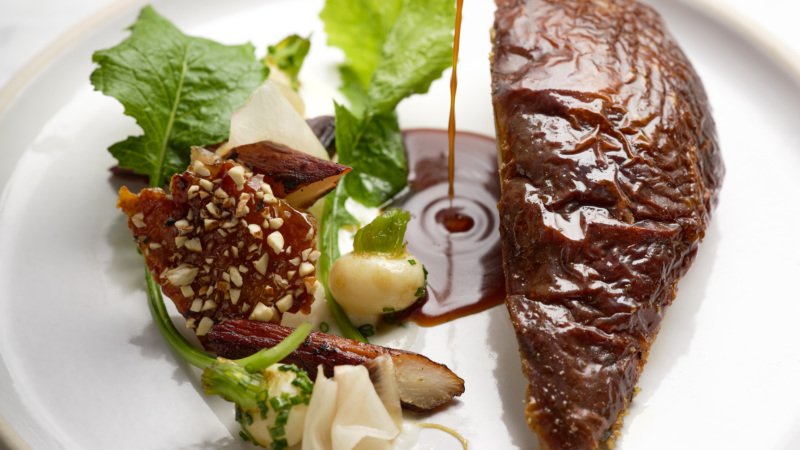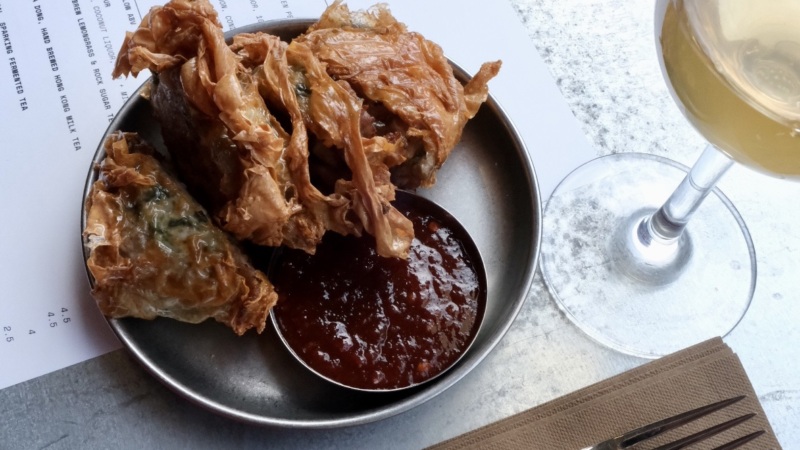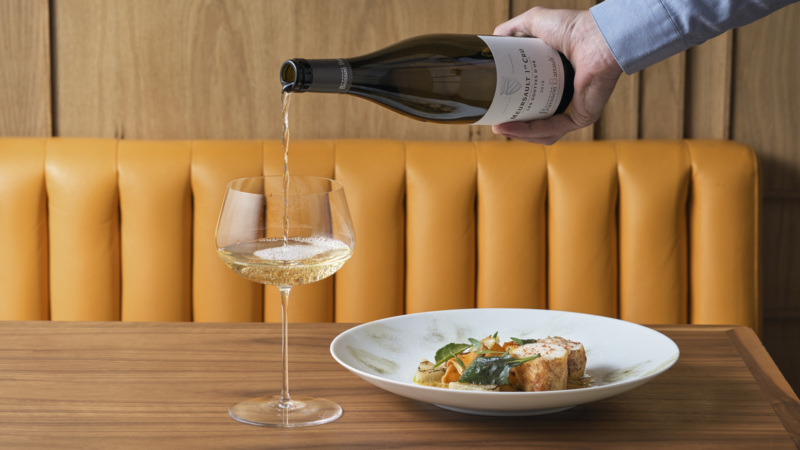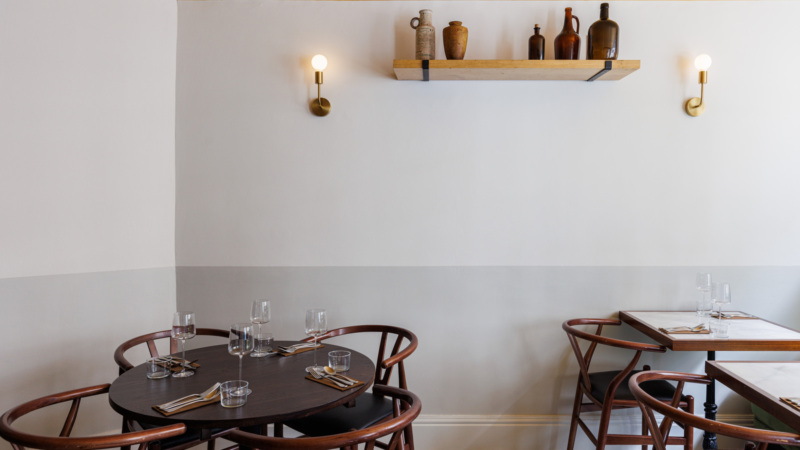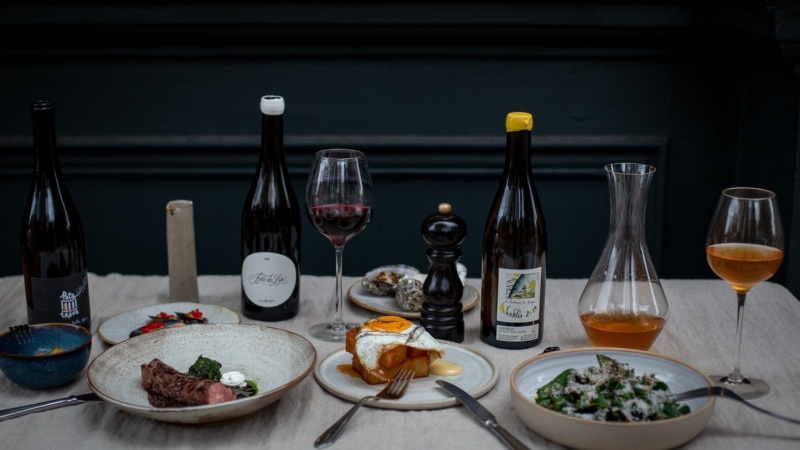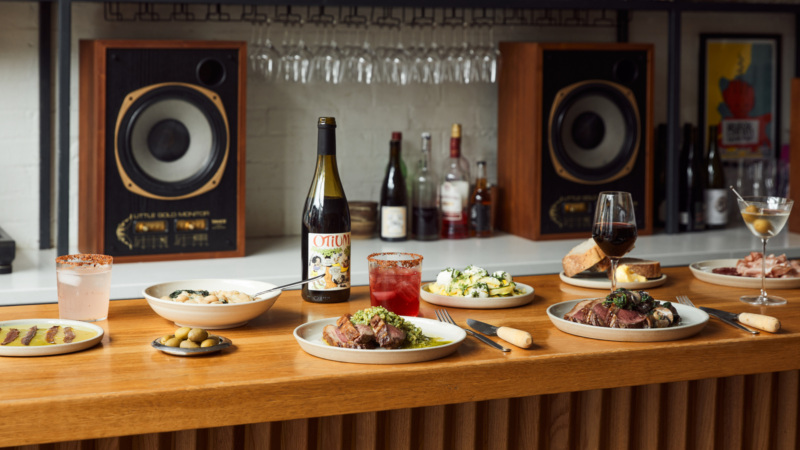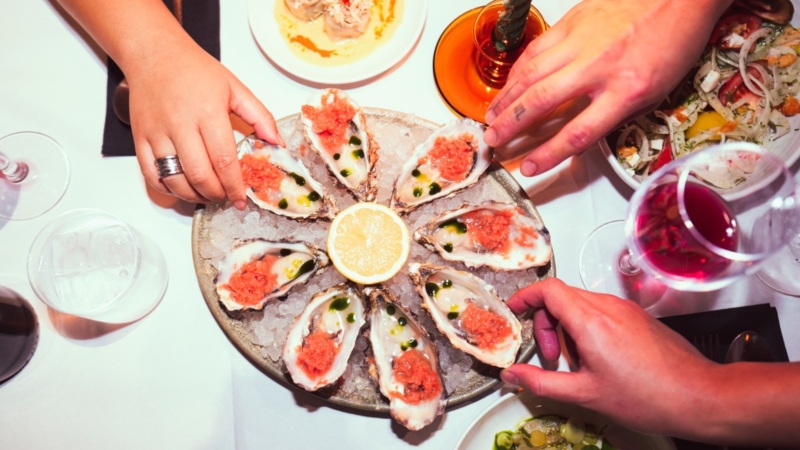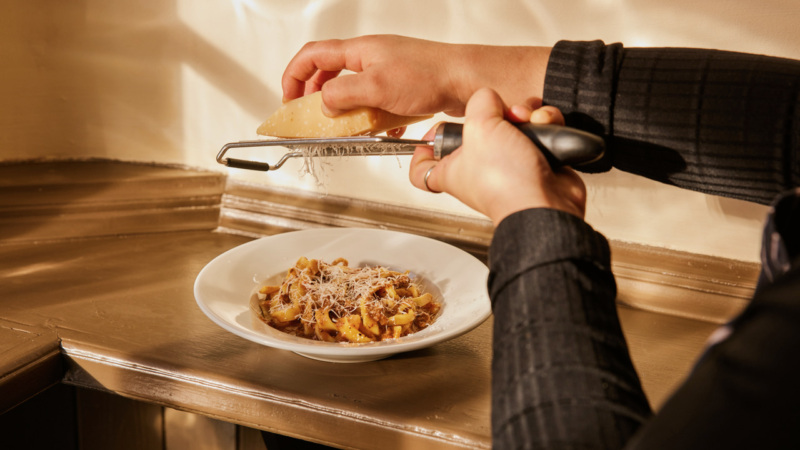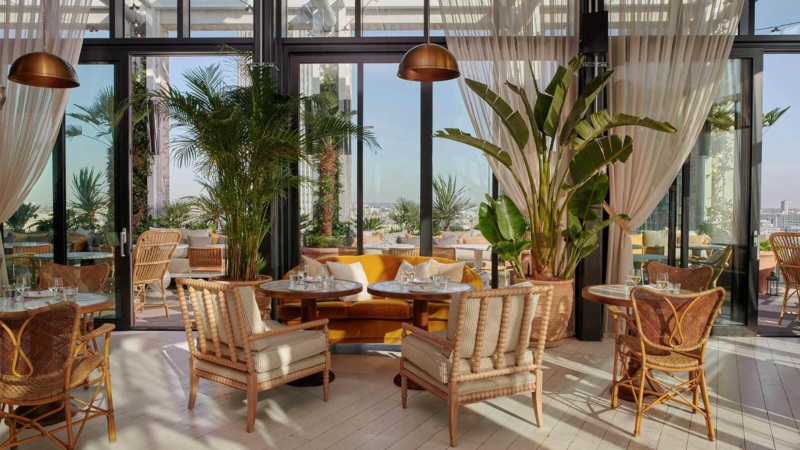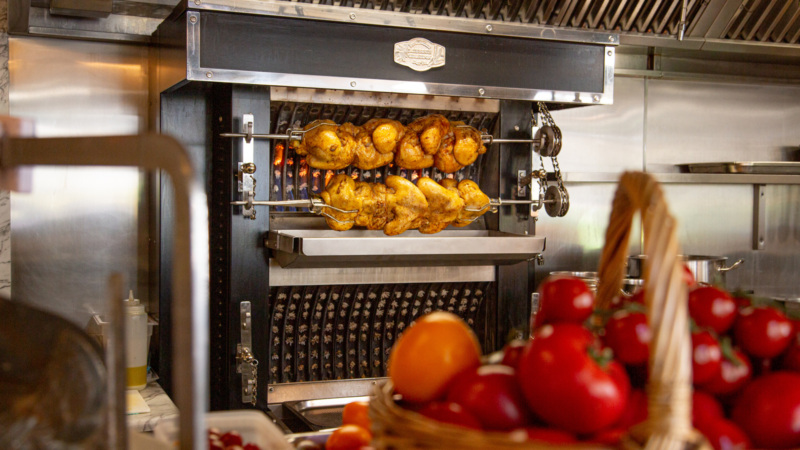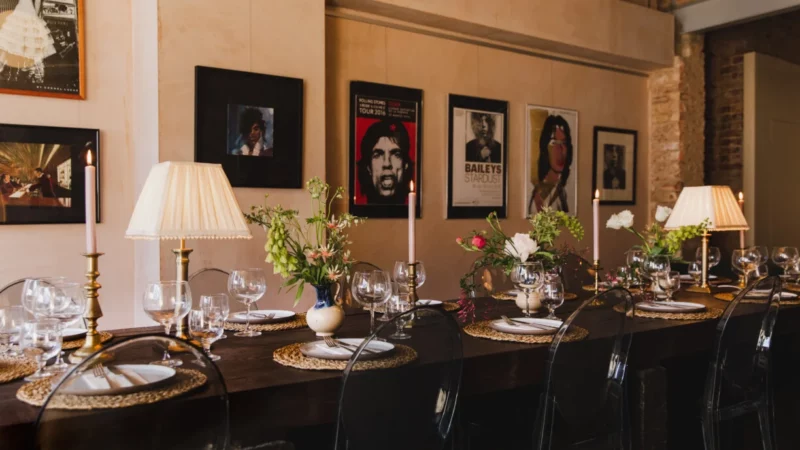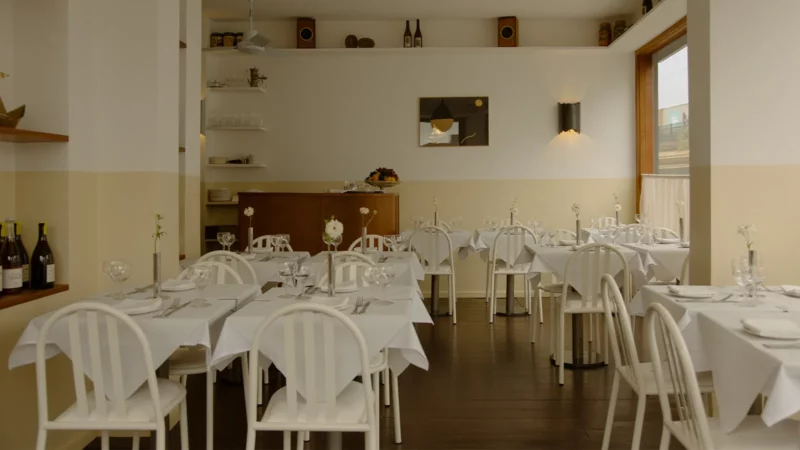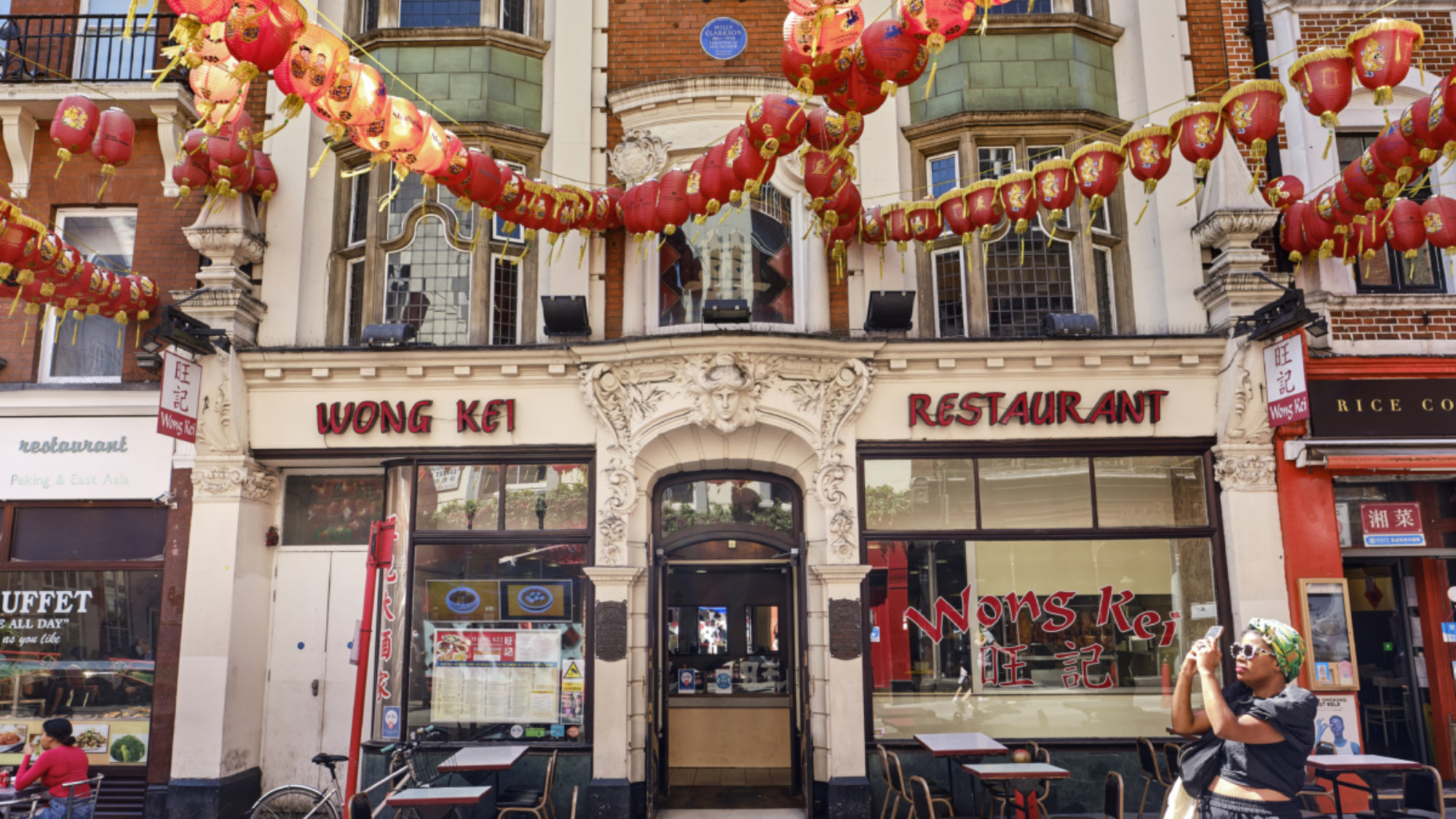
Despite Uncertainty, London’s ESEA Restaurants Forge Ahead With Optimism
Even in the best of times, the Lunar New Year brings about a cocktail of emotions. And for many of London’s East and Southeast Asian (ESEA) restaurants and community leaders, this week’s Lunar New Year celebrations hold extra significance.
The Year of the Tiger arrives two years after COVID-19 landed in the UK and introduced restaurants to the ongoing refrain of lockdowns, reopenings, and restrictions, alongside a spike in xenophobic hate crimes that unfolded in cities across Europe and the US. While many Asian businesses have shuttered and some are still working up to pre-pandemic figures, the general sentiment is one of quiet confidence.
Following a quiet January — owing largely to the spread of the Omicron variant — this week will be crucial for establishments like Leong’s Legend in Chinatown, which saw hopes around last year’s festivities dashed by a national lockdown. “Normally, Lunar New Year is the busiest time,” says head of marketing Lucas Leong. For the restaurant, which specialises in Taiwanese street fare like oyster omelettes and pork gua bao, business during the holiday typically doubled or tripled a normal day’s trade.
Due to the absence of tourists and Asian students who left the capital during the crisis, Leong’s Legend is still 20 percent below its 2019 figures. Leong isn’t sure what to expect this time around, but he’s optimistic: “This year, I think, will be the comeback year.”
Leong isn’t alone in that belief. Before Omicron hit, Dumpling Shack — John and Yee Li’s beloved Spitalfields stall specialising in Shanghainese shengjianbao (and sister restaurant to Fen Noodles, Sichuan Fry, and a forthcoming standalone restaurant) — was busier than it was pre-pandemic.
John Li expects that this pace will resume soon, with falling cases suggesting Omicron’s peak has passed. At his Spitalfields site, this means selling up to 2,000 hand-wrapped shengjianbao daily, versus 800 on a regular day.
Earlier on in the pandemic when racist hate crimes rose some 400% — and storefronts including those belonging to Japanese bakery Kova Patisserie and jianbing seller Pleasant Lady Trading were vandalised — Li and his staff experienced abuse on several occasions. In Li’s experience, tensions have since calmed. But anti-Asian racism has always existed, and “will always be an issue,” he adds.
What has changed in the wake of these crimes, says Anna Chan, founder and director of Asian Leadership Collective, is that individuals and organisations have raised awareness around xenophobia and provided resources for victims. Moving forward, it’ll be up to communities to hold people to account and make sure incidents are reported, she adds. “There’s a lot of shame around that as well.”
“I didn’t plan it, but it happened that way. People don’t just come for food.” – Noor Amy Ismail
In November 2020, Chan and Georgie Ma co-founded the hashtag #ESEAeats to celebrate the cuisines that a Masterchef contestant, referring to Asian food broadly, deemed “dirty” and in need of refinement. The community-powered hashtag has drawn almost 9,000 submissions from eaters, allies and restaurants calling for people to support independent businesses and detailing childhood memories around dim sum, kaya toast and noodle soups. Alongside activism platforms like ESEA Sisters and community centres in Chinatown and Hackney, #ESEAeats is just one of the many online and offline platforms rallying behind restaurants in a time of need.
“We’ve had a really rough couple of years. Everybody has, but especially the East and Southeast Asian community,” says Chan, who hopes that the strength of this year’s zodiac animal is a much-needed good omen for local businesses, as well as the people that found comfort in them during the crisis.
A business that has made an unexpectedly pronounced impact on this front is Putera Puteri, the Malaysian restaurant that Noor Amy Ismail took over right before the pandemic hit. Alongside serving up curry laksa, char kway teow and what’s already recognised as some of London’s best rotis, the Bayswater spot became an ad hoc community centre for not only clued-in Malaysians but locals generally, from gym regulars to church-goers. Under her leadership, it began donating meals and funds to the homeless and pandemic-stricken.
“We have locals and Malaysians here, because you feel at home,” says Ismail, who will host a tea party for loyal customers to celebrate Lunar New Year. Months ago, she was warned that sales would drop in January, only to be shocked when her tables kept filling up and the restaurant started garnering media coverage from British and Malaysian outlets alike. “I didn’t plan it, but it happened that way…people don’t just come for food.”
Amid ongoing uncertainty, Chan sees communities continuing to play a wider role in supporting restaurants, from encouraging members to visit (or takeaway), to providing pro-bono marketing and tech help — Ismail, for one, jokes that she “bribes” students with free food so they’ll teach her how to use TikTok. But much can still be done, firstly when it comes to cross-community work and areas outside major hubs like Chinatown, where Leong notes landlords were receptive to rent breaks and reductions. The same can’t be said for other areas, where he sees many business owners retiring or moving to suburbs to cut costs.
Moreover, there are still major labour troubles to deal with: as the pandemic normalises working from home, Brexit slashes accessibility to workers, and many candidates, like students, remain abroad, Asian businesses in particular are struggling to hire high quality staff. Besides getting a license to sponsor visa workers, competitive salaries will inevitably have a knock-on effect on prices paid by customers, says Li — a tricky move, considering the harmful, but widely-held perception that many Asian cuisines should be cheap.
In spite of these obstacles, Li is bullish that his sites and Asian food businesses in general have a strong year ahead of them. If it’s any indication, Chinatown has gone from a ghost town to being busier than ever, he adds. “If Chinatown can get through the worst of it, most of us can.”
Zoe Suen is a freelance writer and editor based in London. Follow her on Instagram. Follow Resy, too.
